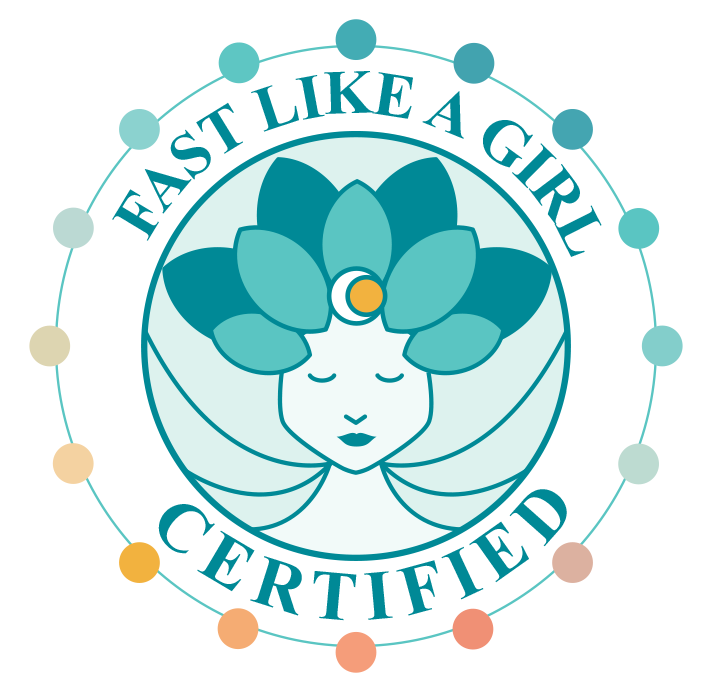Have you thought that it is healthy to restrict sugar? Restrict fat – or only saturated fat? Restrict salt? Restrict calories?
Do you live by reading labels and rejecting items with too much sugar or fat per serving?
Are you on guard against something that might harm you?
What is behind that thinking?
Let’s back up from this for a moment and consider what is behind deciding to restrict calories or a certain nutrient. Don’t we want to know what is in the food, so we can decide to eat it freely, or restrict it?
I ask: What is behind that wanting to know? Is it because we are fighting against our natural inclinations in order to be healthy?
Question: does indulging harm us, so that is something to be avoided at all costs?
Do we need to constantly be vigilant to choose only the lowest fat and calories in order to be healthy?
Restrict or Indulge?
I propose that wanting to restrict, and finding out nutritional composition for that purpose, has effects beyond the biochemical effects of what we choose to put into our bodies. Thinking something is harmful has powerful effects.
Thinking you are indulging also has powerful effects. This was proven in the milkshake study.
Researchers set out to test whether the feeling of satiety (as measured by the gut hormone ghrelin) depends on what subjects believed about the food they were about to eat.
The milkshake study
This study measured ghrelin, a hormone made in the gut which signals hunger when it rises so that we seek out food. Also, the metabolism is slowed in case we don’t find food. The hormone ghrelin then decreases with a big meal and the metabolism increases to burn that fuel. The decrease is minimal with a lighter meal, with a corresponding less increase in metabolism.
The study provided a milkshake labeled either “Sensishake” or “Indulgence”
- As you might expect, Sensishake boasted zero fat, zero added sugar, and only 140 calories.
- In contrast, Indulgence Shake was advertised to have enough fat and sugar to equal 640 calories.
Those drinking the Indulgence shake showed a dramatically greater decline in ghrelin, with an increase in metabolism to burn it off. Those drinking the Sensishake showed a flat ghrelin response. This is what you would expect from a physiological response.
The kicker is that both milkshakes were actually exactly the same thing, a 300 calorie shake! It wasn’t the fat and sugar triggering the response, it was the belief about what they were getting!
Participants’ satiety was consistent with what they believed they were consuming rather than the actual nutritional value of what they consumed.
Mind over milkshakes: mindsets, not just nutrients, determine ghrelin response
Is restriction healthy?
I find that lots of people believe they have to restrict in order to be healthy. Avoid this, limit that, restrict all around. Health becomes a walk through a landmine-laden land with so many things to restrict and avoid.
The mindset of restriction then becomes detrimental to health.
Consider the real nutritional contents of foods: the protein, carbs, fat as well as sugar and salt. Some foods are naturally higher in one or the other, and to restrict one because you believe it to be evil makes it harmful just for believing it.
Any nutrient is not inherently evil or harmful. Believing it makes our physiological process behave differently, perhaps in a way which we did not intend.
A caveat
I agree that there are many things available as “food” which are not nourishing and are best avoided. Overly processed food, genetically modified products, newfangled fats, and refined concoctions that bear no resemblance to something that was grown in or on the Earth are probably best avoided.
However, when it comes down to noticing if they are things you want, or things you still want after you have taken one bite of them, you probably notice that they are not satisfying. They don’t feel like food. Therefore, they drop off your radar as food. If they ever were on it.
You don’t have to restrict food which you don’t want. It naturally is never considered as something to eat.
Beliefs
Therefore, watch your beliefs when you are eating. Beliefs affect how you are metabolizing that food! Restriction and believing that you have to only eat the lowest calorie or fat or carb content may be working against you.
Indulging is not inherently against health. The body responds by kicking up metabolism when there is a preponderance of fat and calories.
However, to make every meal an indulgence is probably not balanced. It is against a natural appetite.
Beliefs about food matter in how that food is metabolized.
“Our beliefs matter in virtually every domain, in everything we do,” Crum says. “How much is a mystery, but I don’t think we’ve given enough credit to the role of our beliefs in determining our physiology, our reality.”
Your turn
How do you approach eating? What are your beliefs?
Do you honor your appetite or seek to constantly restrict certain foods?
Will you indulge more now that you know your metabolism is designed to handle it?
Please comment below.





